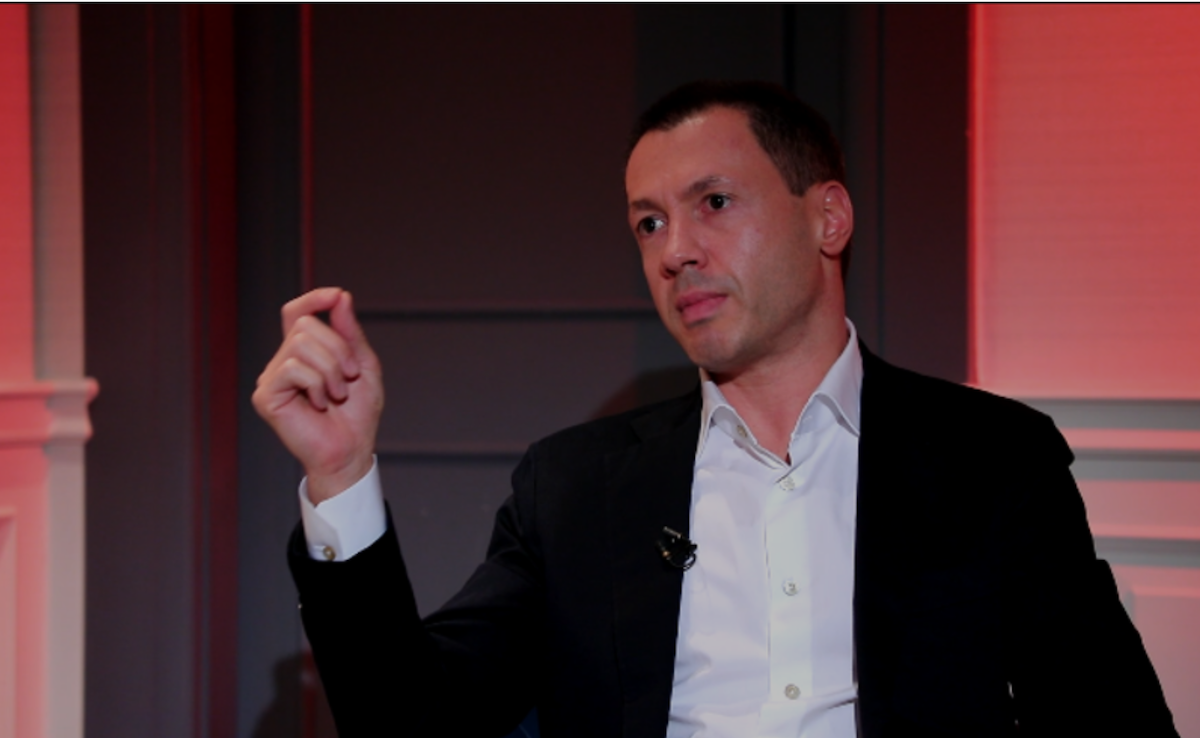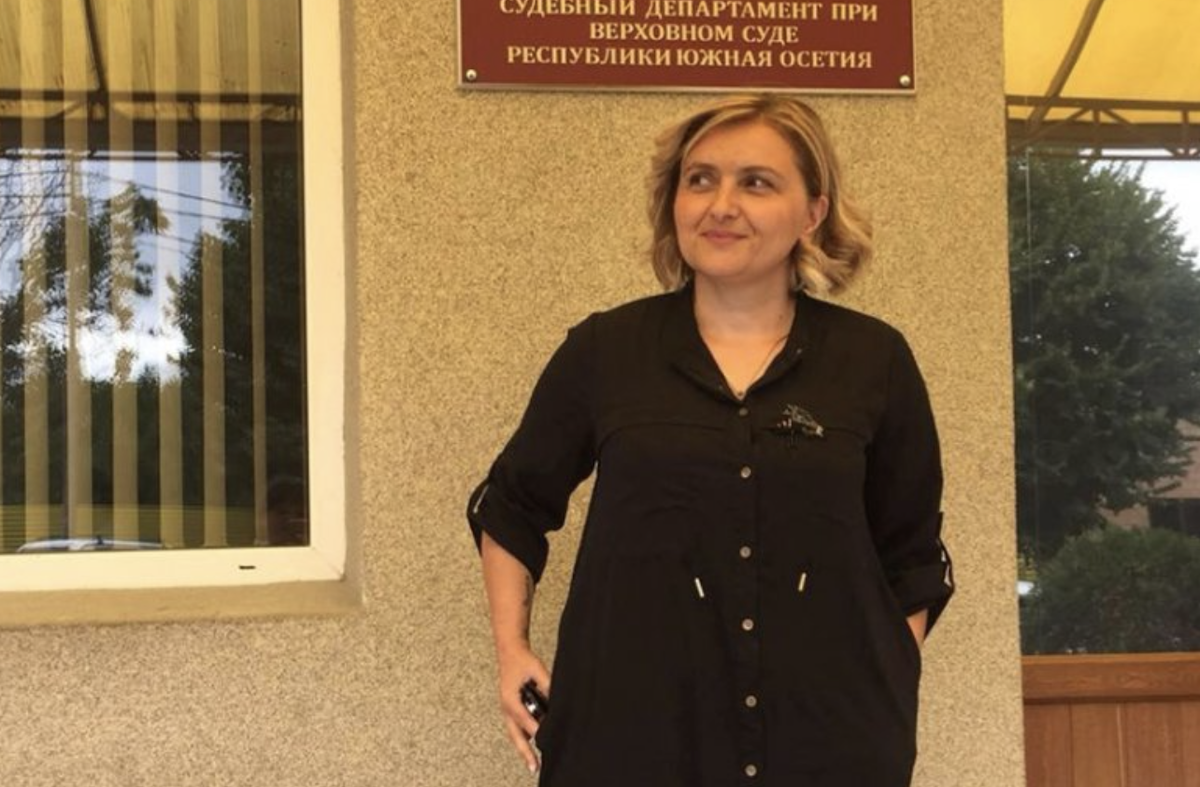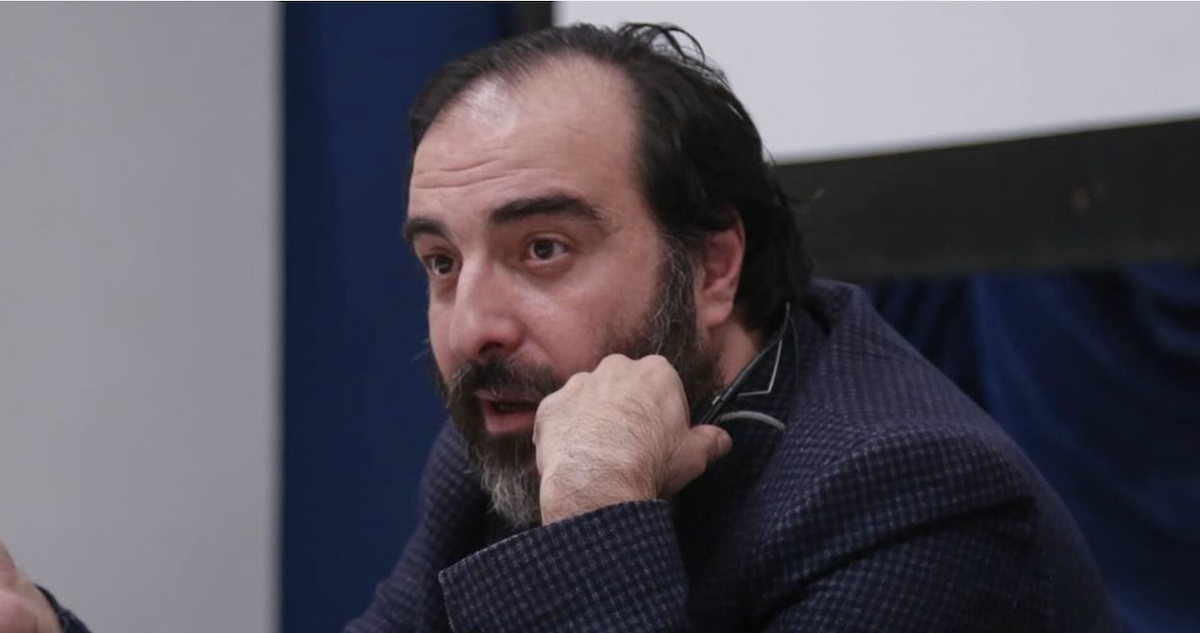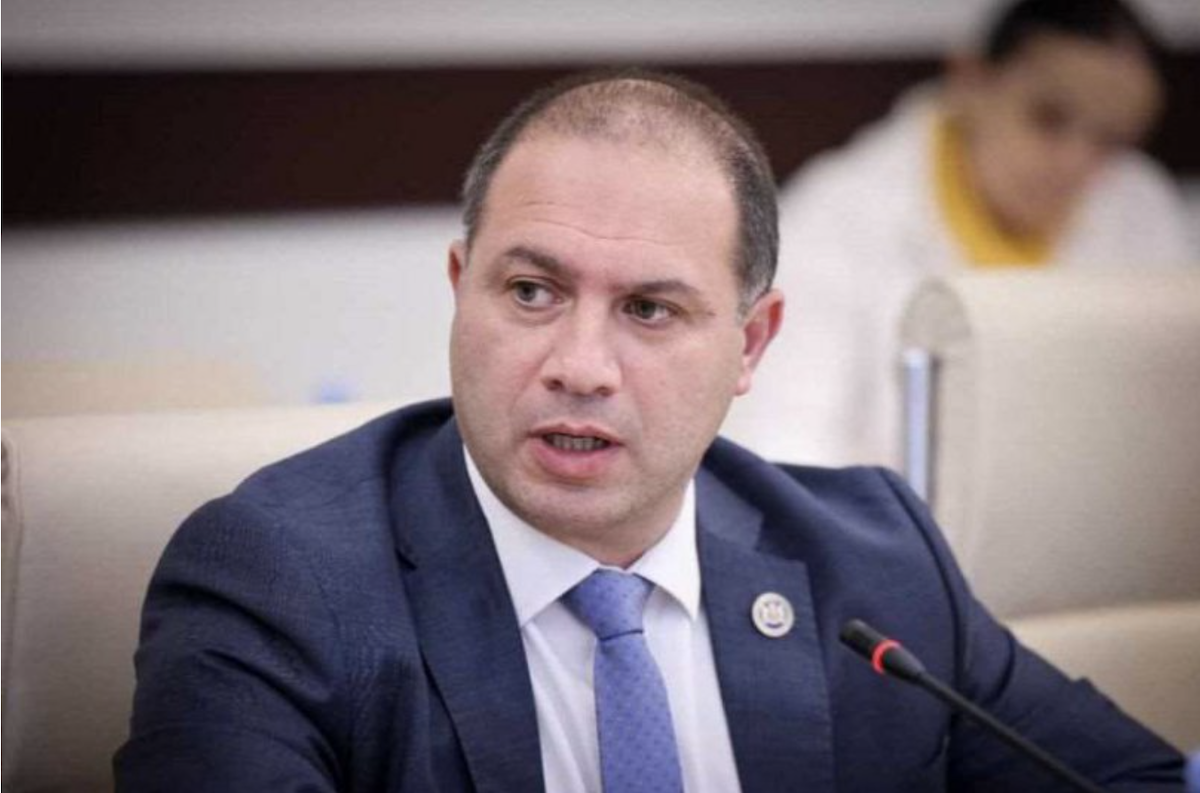Pressure, intimidation, unequal opportunities: international missions evaluate elections in Georgia
International assessment of Georgia’s elections
International observer missions highlighted deep political polarization, financial inequality among political forces, disputed electoral law changes, media polarization, a tense pre-election atmosphere, alleged control over voter choices, and concerns over ballot secrecy in their review of Georgia’s October 26 parliamentary elections.
The recent elections are of unprecedented importance for Georgia, as their outcome will determine the country’s future political and geopolitical direction. Voters had to choose between the ruling party “Georgian Dream,” perceived as pro-Russian, and the pro-Western opposition.
According to the Central Election Commission (CEC), “Georgian Dream” won the elections with 53.056% of the votes. Four other opposition parties also secured seats in parliament: the Coalition for Change received 11.17%, the United National Movement garnered 9,85%, Strong Georgia obtained 8.99%, and the party of former prime minister Giorgi Gakharia, “For Georgia,” received 8,22%.
These CEC figures differ significantly from the exit polls, which indicated that “Georgian Dream” only had 40-42% support.
All opposition parties that entered parliament have declared the electoral process fraudulent. The three alliances stated that they would not accept their mandates and are preparing for a permanent street protest.
These are preliminary assessments, generally very strict and critical, highlighting systemic issues.
This article summarizes the key points.
OSCE / Office for Democratic Institutions and Human Rights (ODIHR)
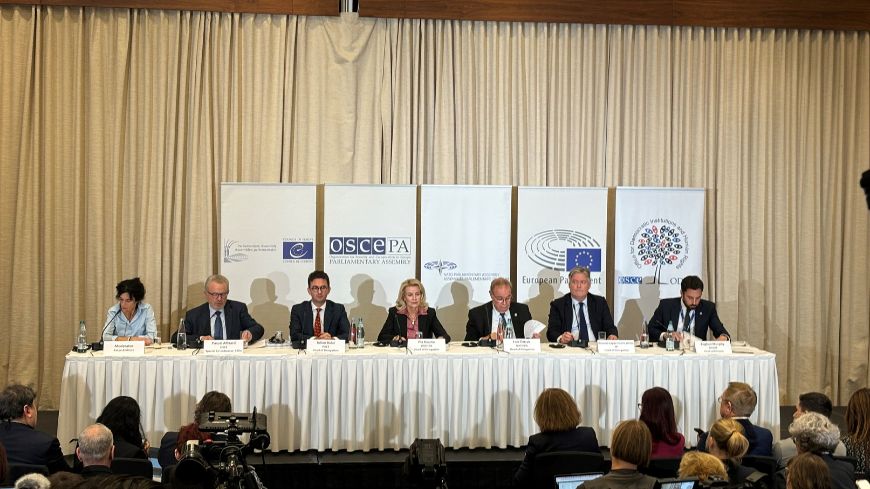
The OSCE/ODIHR observation mission presented a report on issues and violations seen during both the pre-election period and election day, noting:
- A polarized electoral environment,
- Incidents of voter intimidation and pressure,
- Financial inequality among political entities, favoring the ruling party,
- A polarized media landscape,
- Use of independent media for political propaganda,
- Lower female participation in the elections.
The OSCE/ODIHR monitoring mission, consisting of 529 observers from 42 countries, was active in Georgia throughout both the pre-election and election periods. The mission included 380 ODIHR experts as long- and short-term observers, alongside 60 OSCE Parliamentary Assembly members, 39 from the Parliamentary Assembly of the Council of Europe (PACE), 12 from the European Parliament, and 38 from the NATO Parliamentary Assembly.
“The imbalance in financial resources, divisions in the pre-election environment, and recent legislative changes were significant concerns throughout the election period,” said Pascal Allizard, OSCE Special Coordinator and head of the short-term observation mission.
- According to the monitoring mission, Georgia’s electoral legislation generally allows for democratic elections. “However, recent amendments to the electoral code have undermined its stability and raised concerns about potential misuse for political aims,” noted the briefing.
- The observation mission highlighted political and media polarization, hostility towards the opposition and civil society, and a campaign against the presidential administration.
- Mission members reported witnessing instances of voter bribery, pressure, and intimidation before the elections, particularly in rural areas: “In these elections, there were two realities—one inside polling stations, where the voting process was well-organized, and another outside,” said Iulian Bulai, head of the PACE delegation.
- Cameras installed by the ruling party at polling stations and voter registration measures created an atmosphere of pressure: “It felt like ‘Big Brother’ was watching,” Bulai added.
- “The electoral process showed clear inequalities among political entities, which undermines confidence in its outcomes,” he stated.
- The OSCE/ODIHR also stressed gender inequality in the electoral process. This year, a previously enforced quota was removed, which had required every fourth candidate on a party’s electoral list to be a woman. As a result, the number of female candidates in the recent elections dropped significantly compared to previous years.
Mission representatives noted that party platforms largely lacked messages for women, and few women were involved in campaign activities. “Women politicians in Georgia still face deeply entrenched stereotypes and even violence,” the mission members stated at the briefing.
“While we regard these elections as mostly peaceful, the reduction in female candidates due to the removal of gender quotas is a setback. The active participation of women voters highlights the vital importance of their role and calls for broader representation,” said Pia Kauma, head of the OSCE Parliamentary Assembly.
- The mission commended the efforts of the Central Election Commission in informing voters about the use of electronic devices before election day. The voting day itself was generally well-organized in terms of procedures, but tensions were high. Voting secrecy was often compromised, with reports of voter intimidation and pressure.
- “These elections have been another critical test for democracy in Georgia. Their results will be the next challenge. My responsibility now is to report my assessment of these elections so that the Assembly can consider how best to support the Georgian people, who have repeatedly voiced their desire to see their country in the European Union and NATO,” stated Faik Öztrak, head of the NATO Parliamentary Assembly delegation.
- “During the pre-election period, representatives of the ruling party publicly expressed intentions to ban major opposition parties after the elections. Observers received reports of voter intimidation, coercion, and pressure. Some voters may not have cast their ballots freely due to fear of retaliation. We are deeply concerned about the erosion of democracy in Georgia. Unfortunately, yesterday’s elections have confirmed this decline,” said Antonio López-Istúriz White, head of the European Parliament delegation.
IRI and NDI
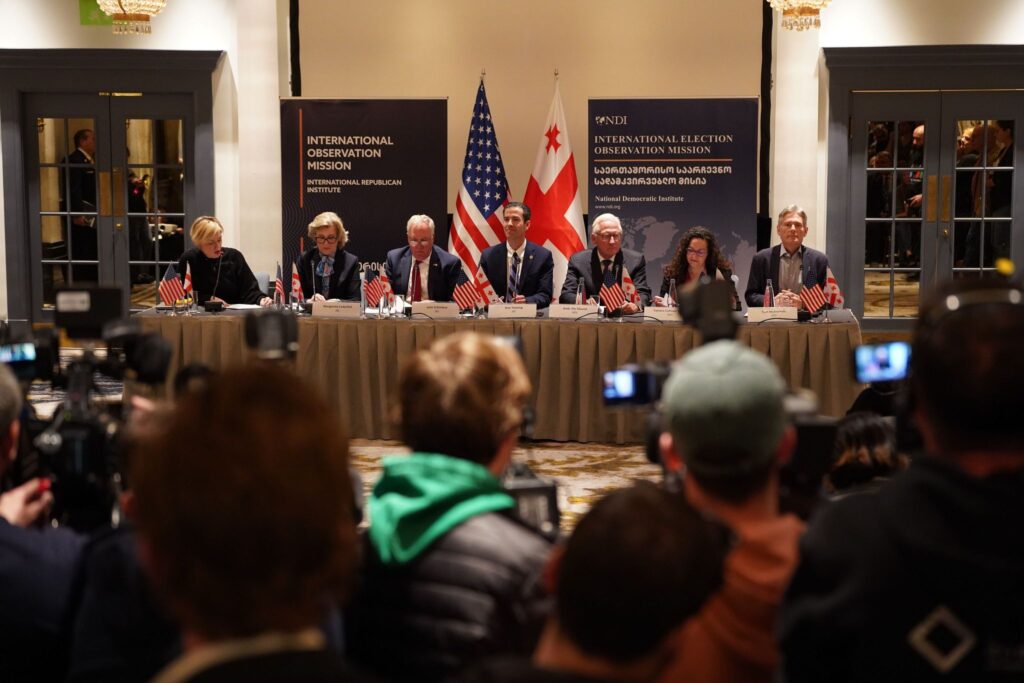
Joint Monitoring Mission of IRI and NDI in Georgia
American organizations the International Republican Institute (IRI) and the National Democratic Institute (NDI) have sent a joint monitoring mission to Georgia, with observers present at 260 sites across 44 municipalities.
Their preliminary assessment highlights unprecedented legal and administrative changes during the pre-election period.
Key points:
- Dén Twining, president of IRI, stated that the government enacted unprecedented political, legal, and administrative laws and changes during the pre-election period, thereby limiting political competition. “Such manipulations create an unequal playing field for political actors ahead of the elections,” Twinning said.
- Margareta Siderfeld, a member of the Swedish Parliament and part of the observation delegation, emphasized the adoption of the “foreign agents” law in spring 2024. “NGOs face the risk of ongoing persecution and intimidation from the government and government-affiliated groups,” Siderfeld noted.
She further stated that the ruling party, Georgian Dream, controlled the electoral process through local government representatives, warning that individuals were threatened with loss of social assistance if they voted for the ruling party.
- John Shimkus, another member of the delegation, stated: “During the pre-election period, the authorities claimed that new electronic voting technologies would be used to ensure that all voters were registered. However, they were subsequently used for an intimidation campaign, primarily targeting minority-populated regions and rural areas.”
Shimkus mentioned instances where local authorities confiscated voters’ identification cards, which he said was used to exert psychological pressure: “This contributed to the development of vote-buying schemes, raising doubts about the secrecy of the ballot and ultimately creating an atmosphere of fear,” he noted.
Mission representatives indicated that they would soon present their final assessment. In the meantime, they urged the Central Election Commission to address the 337 complaints received fairly and transparently.
ENEMO
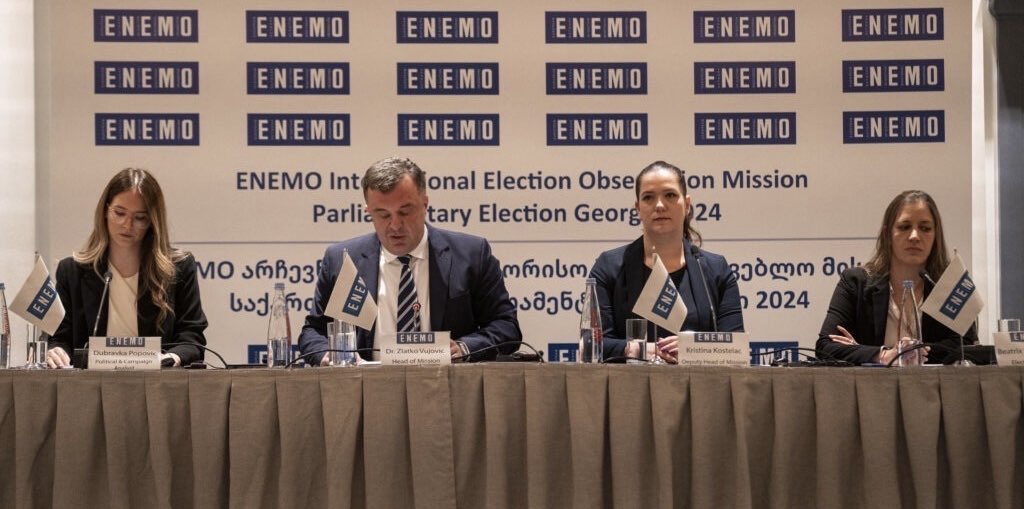
The “European Network of Election Monitoring Organizations” (ENEMO) stated that the parliamentary elections in Georgia were conducted in a polarized environment filled with restrictions, undermining confidence in the transparency and fairness of the electoral process.
The monitoring mission reported incidents of violence against opposition members, the use of administrative resources, and pressure on journalists.
ENEMO also raised concerns about the independence of the Central Election Commission (CEC).
“The violations had a significant impact on the democratic nature of the electoral process. Due to legislative changes, the elections took place in a more tense atmosphere than they could have been,” said Zlatko Vujovic, head of the ENEMO monitoring mission.












